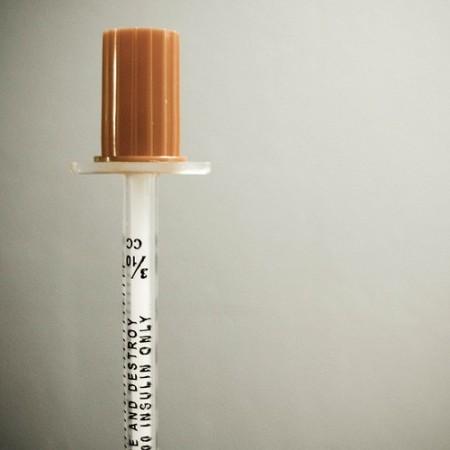
Diabetic patients are at greater risk of developing liver cancer, a new study says.
American researchers, led by V. Wendy Setiawan from the University of Southern California looked at nearly 170,000 people and found that patients diagnosed with type 2 diabetes had two to three times higher risk of getting hepatocellular carcinoma (HCC), the most common type of primary liver cancer, than people without diabetes, Health Day reported.
Hepatocellular (meaning liver cells) carcinoma is a deadly type of cancer found among people aged 50 years or above. Men are at greater risk of developing this type of liver cancer than women. It starts from the hepatocytes or the main liver cells. Cirrhosis (scarring of the liver combined with poor function of the liver) is one of the major causes of the cancer. Hepatitis B or C virus infections, alcohol abuse, chronic inflammation of the liver, hemochromatosis (iron overload in the body) are some of the factors that play a major role in cirrhosis. It is difficult to diagnose this condition early and if left untreated, the cancer can claim life between three and six months.
Participants of the study were selected from the Multiethnic Cohort Study conducted between 1993 and 1996. In the beginning of the study, the participants who included whites, blacks, Native Hawaiian, Japanese-American and Latinos, filled a health questionnaire. During the 16 year follow up, nearly 500 participants had a liver cancer diagnosis.
At the end, researchers also noticed a link between race, ethnicity, diabetes and liver cancer. While the Latinos with diabetes topped the risk list of liver cancer (26 percent); Hawaiians (20 percent), Japanese-Americans (13 and 12 percent) and whites (6 percent) followed them.
"People with diabetes have a two- to threefold higher risk for hepatocellular carcinoma compared with those without diabetes," Dr Setiawan, told ANI. "We also found that the interethnic differences in the prevalence of diabetes were consistent with the pattern of hepatocellular carcinoma incidence observed across ethnicities: Ethnic groups with a high prevalence of diabetes also have high hepatocellular carcinoma rates, and those with a lower prevalence of diabetes have lower hepatocellular carcinoma rates."
Results remained the same even after some other factors linked to liver cancer including smoking and drinking were taken into consideration.
Dr Setiawan presented the findings at the Sixth AACR Conference.
Health experts blamed certain types of anti-diabetic medications playing a major role. "Some medications are known to inhibit normal suppression of cancer," Dr. James D'Olimpio, an oncologist at Monter Cancer Center in Lake Success, N.Y., told Health Day.
He also pointed out the role of fatty liver disease, a condition that leads to the accumulation of fat in liver, in increasing risk of the deadly disease. Fatty liver disease, commonly found among type 2 diabetic patients, has been associated with cirrhosis and liver cancer.
The findings support a study published in the journal Diabetes, Obesity and Metabolism, early this month. The Cleveland Clinic study, found that certain popular anti-diabetes drugs, mainly insulin secretagogues, increased risk of cancer in type 2 diabetic patients.










